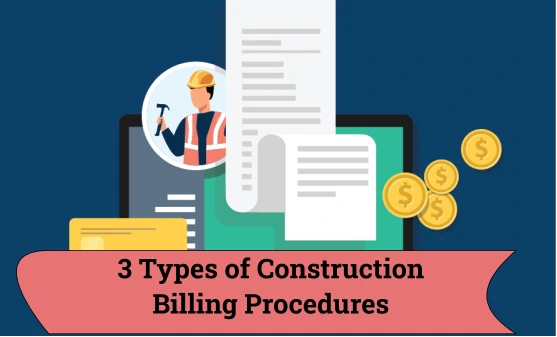Payments in Construction Industries
Construction industry in India is a vast expanse of opportunities both in terms of knowledge and money. The Indian construction industry is expected to grow by 15.8% to reach $541543.9 million by 2021 end. Huge number of construction projects are already on track and many more are coming up. Contractors aim to acquire as many projects as they can accomplish with the available resources at their disposal. After going through the tendering process the contractors need to sign contracts with the employer if they get the project. These contracts contain all specific legal agreements to which both the parties have agreed upon. The complete project execution and payments disbursement process is mentioned in the contract.
There are many ways in which an employer can get his contract prepared as per his requirement. From the payments point of view, contracts can roughly be of four types that are currently being used in the Indian market by private as well as government companies. As per the scope and scale of the construction project any of these contracts can be put into use.
Commonly used Contracts
Let us now learn about the payment processes involved in these contracts -
- Lump Sum or Fixed Price Contracts - This is the most common type of contract used. This contract is used when the scope of the work is well defined. The employer needs a fixed price from the contractor for all construction related activities.The risk in this type of contract is borne by the contractor incase of unwanted error, as there is a fixed amount which the employer is going to pay on completion of the project. Contractors thus need to include a hidden percentage amount for bearing that risk. The contractor can cash in extra profits if the project is accomplished with less than the fixed amount. Whereas, if the budget exceeds the fixed amount the set profit is reduced and may even be a burden on the contractor's pocket. Therefore the contractor needs to ascertain all variables before quoting an amount to avoid any losses. The contractor is paid the stipulated fixed amount as installments when certain benchmarks are reached and maybe in regular increments. This contract is mostly used for small scale projects which requires less time and budget.
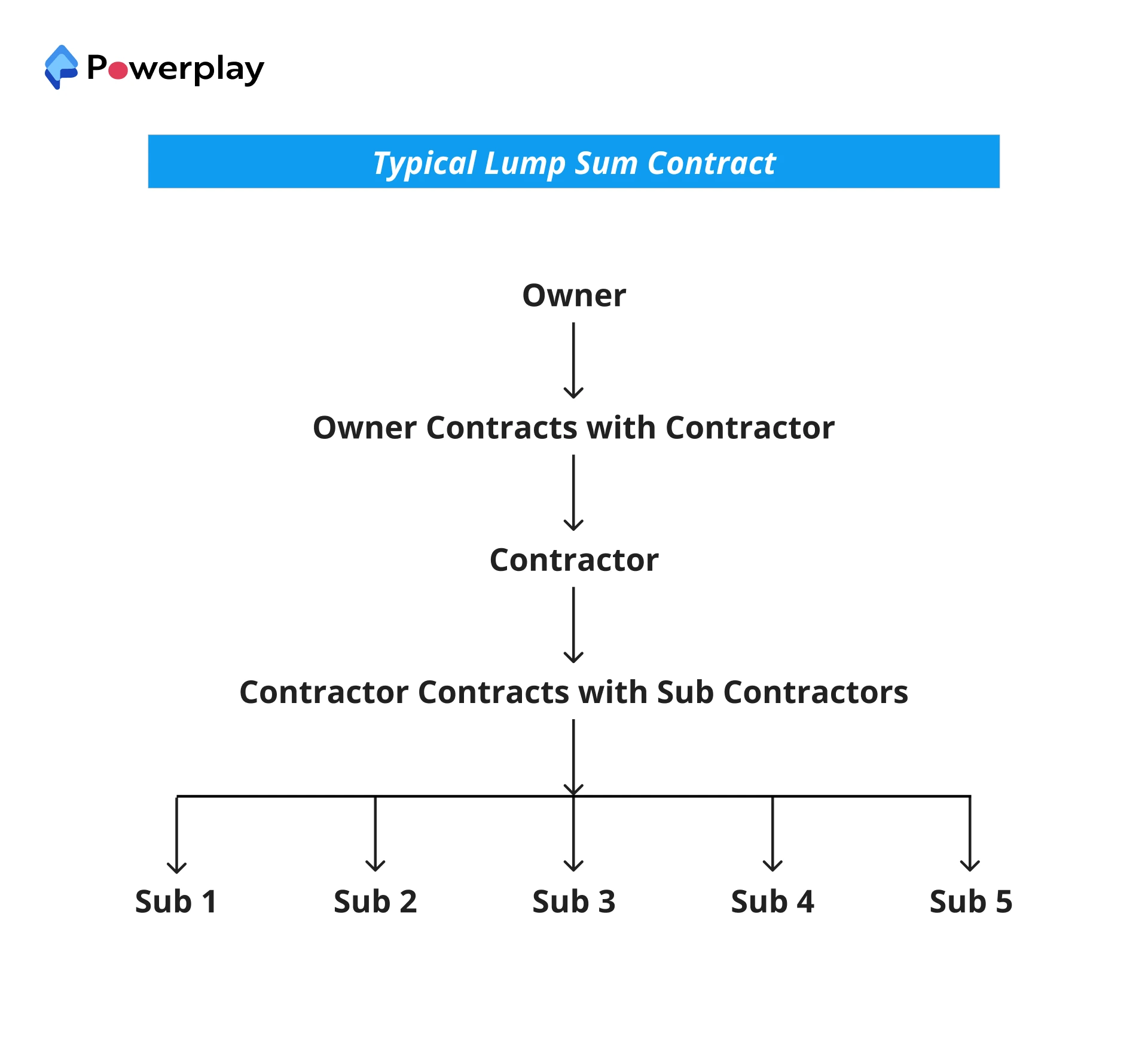
Time and Material(T&M) Contracts -
Unlike the Lump Sum Contracts T&M contracts the materials to be used and time duration is not fixed. This is used for projects where the approximate time of completion of the project is somewhat known. More accurately,
- the scope of the project is not defined. Both the parties must decide an agreed hourly or daily tariff along with add-on expenses if any. All the costs being billed to the employer must be classified under direct, indirect, markup and overhead charges predefined in the contract. The risk here is borne by the employer as he has to pay for any all expenses incurred during the project. The employer can however set a limit for project budget and duration in the contract with which the contractor has to agree. This is used for medium to largel scale projects as the project duration is somewhat ascertained.
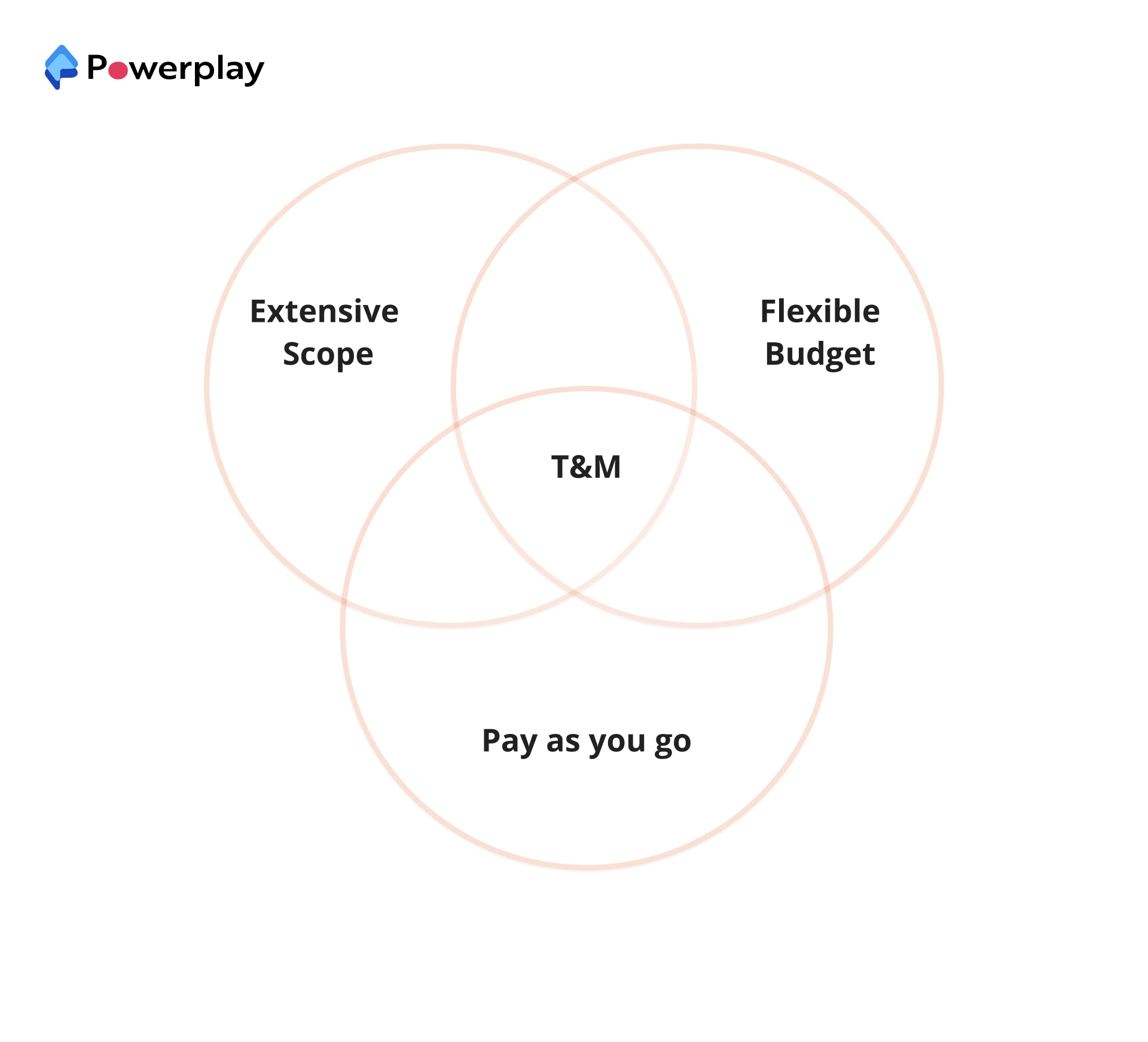
- Cost Plus Contracts - This contract can also be used where the scope of the project is not well defined. No fixed project budget is defined for this contract. The contractor gets paid for all the expenses incurred during the project plus a percentage amount of the total as his profit. This percentage is pre negotiated with the employer when the contract is prepared. The costs covered under this contract are direct, indirect and profit. Neither of the parties involved are at major risk here since the employer can define some limits on billing and the contractor gets the set profit margin as well. There is flexibility in this type of contract as the employer can make changes during the project. These contracts can be used for creative projects that demand flexibility.
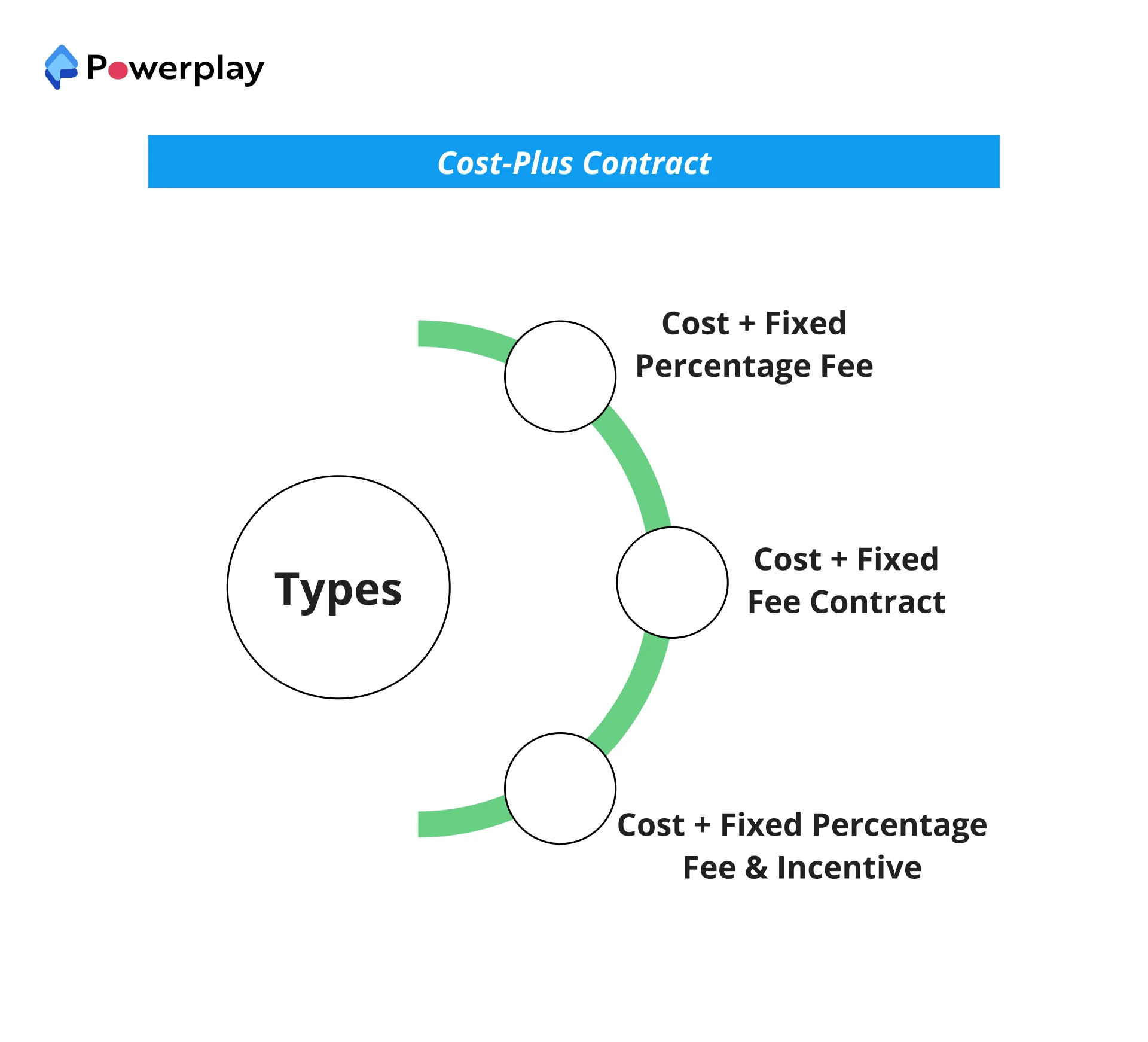
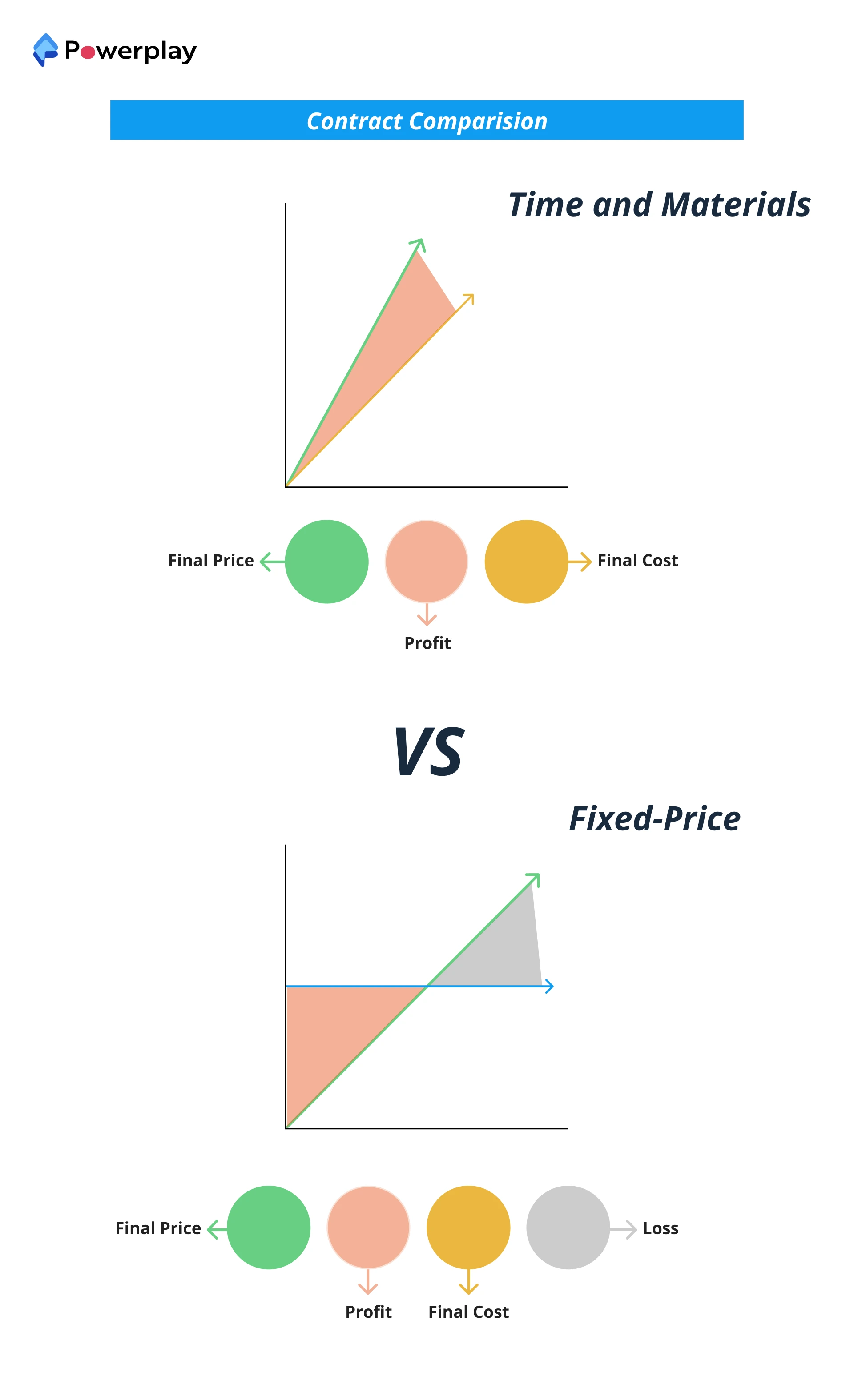
- Unit Price Contracts - These contracts involve unit pricing for all units, i.e., the total work involvedinvoled in a project is divided into units. The scope of the work to be done for the completion of the project is not well defined. The contractors have to quote estimated price for each unit and not the complete project as a whole. These types of contracts are used for projects involving repetitive tasks and activities. As the employers can understand all the pricing going into all units, it is convenient for them to track budget being spent.





